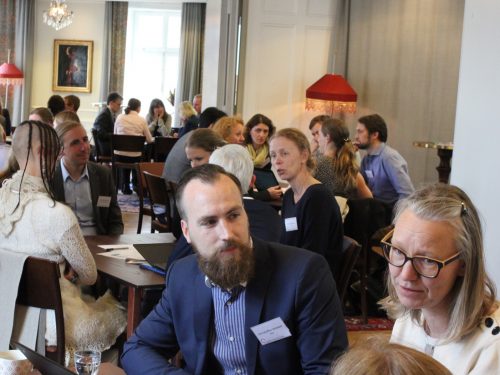Environmentally strategic production development
Background
The project was initiated due absence of involvement by lyfe cycle analysts in production development. In order to steer development in production towards enhancements that is beneficial economically and has little impact on the environment it is necessary to have knowledge and information about life cycle assessment and environmental challenges. The life cycle analysts recognized their influential shortcomings but wanted to make a larger contribution to production development. How can the analysts contribute and what would the effects be?
Part of the project has consisted of academic research and collaboration with Chalmers product and production development. The project also involves collaboration with SKF, ABB and Volvo Technology where people from specific cases have been selected to participate. The participants have been questioned about their role in production development and their understanding of environmental challenges.
Research show that people involved in production development are well aware of their local environmental effects, however the knowledge of their impacts in a larger geographic perspective is more insufficient. Although the knowledge might be found in the higher ranks of the company it does not always reach the people who actualize the production development.
The challenge for the project is to identify the long term benefits of life cycle assessment for the companies. Is there such thing as a win-win situation for both the companies and for the environment through life cycle assessment? How can the life cycle way of thinking change the way companies tackle environmental questions.
Aim & objectives
The goal is descriptive and concerns how the decision making process is organized. The aim is to map the gaps where environmental information is lacking and what information already is available within the company but isn’t used for environmental issues. For example, companies must see both the economical and the environmental aspects of monitoring energy and material use so they can do a broader evaluation the losses and thus save both money and energy.
Outcomes
The expected outcomes are to identify the gains of including environmental knowledge in production development and to quantify the relevance of life cycle assessment in production development. Other expected outcomes are to derive recommendations how to include life cycle assessment in production development and how to support decision making in production development by contributing relevant environmental indicators.
The project resulted in a publication a presentation at a network conference and an article for SO Production, Chalmers.

